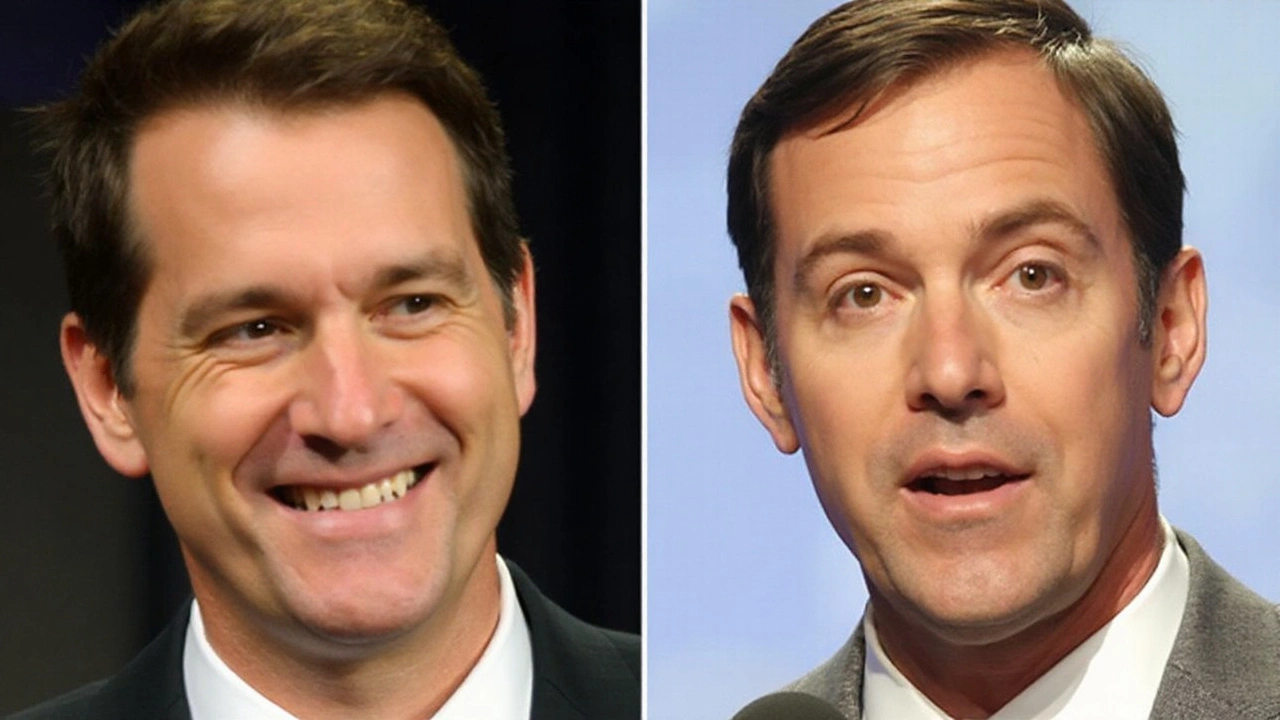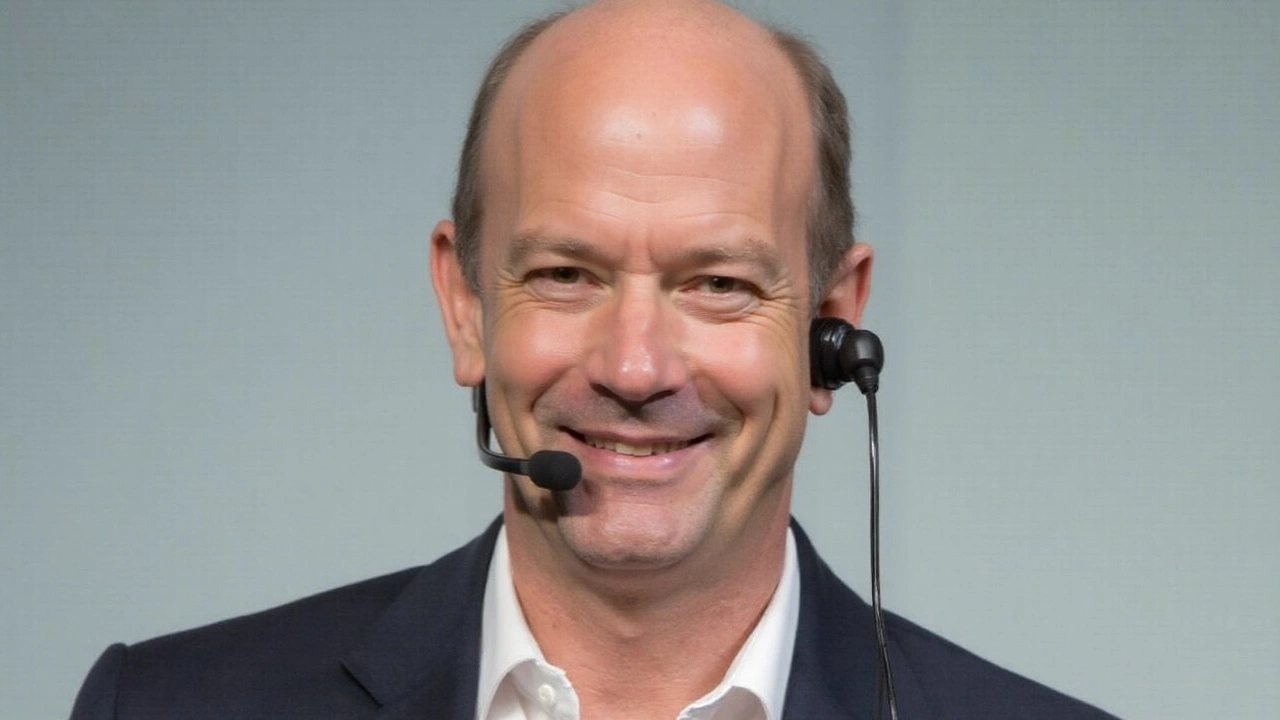Campus uproar leads to a canceled lecture and a disciplinary move
Cumberland University has pulled the plug on its Heifner-Martin Endowed Lecture Series event slated for October, where former MSNBC political contributor Matthew Dowd was set to speak. The reversal came after English and creative writing professor Michael Rex posted a series of inflammatory messages on social media about the shooting death of Turning Point USA CEO Charlie Kirk at a Utah university event.
The posts might have stayed within campus circles if not for a national spotlight. Senator Marsha Blackburn amplified them on X, drawing swift outrage and putting the small Tennessee university at the center of a wider debate over speech, grief, and what crosses a line after a tragedy.
On Thursday, President Paul C. Stumb addressed the controversy publicly. In a Facebook statement, he expressed condolences to Kirk’s family and to those affected by a separate school shooting in the Denver area. He said the university values free expression, but he added that callous remarks in the wake of loss are not consistent with the school’s standards. He also confirmed disciplinary action against Rex without detailing what consequences the professor faces, citing personnel confidentiality.
The fallout extended beyond campus. Dowd, the planned headliner for the lecture series, was reportedly dropped by MSNBC over what were described as “insensitive” comments about Kirk. Dowd, who ran for office in Texas in 2021 before returning to television commentary, had been billed as a marquee speaker for the series. Now, the university says that event will not go forward.
Here’s how the episode unfolded:
- Wednesday: Professor Michael Rex posted multiple comments about Kirk after reports of the Utah campus shooting emerged.
- Later Wednesday: Senator Marsha Blackburn highlighted the posts on X, triggering widespread scrutiny.
- Thursday: President Stumb issued a statement condemning the tone of the posts and announced the cancellation of the October lecture with Dowd. He confirmed disciplinary action against Rex but provided no specifics.
- Also this week: MSNBC reportedly parted ways with Dowd over his own remarks about Kirk, adding another layer to the controversy.
Rex did not immediately provide public comment about any action taken against him. The university has not said whether he is suspended, placed on leave, or formally reprimanded. The Heifner-Martin Endowed Lecture Series—designed to bring outside voices to campus—now has a hole in its fall calendar with no replacement announced.

Free speech, campus values, and the line after tragedy
This clash shows how fast universities are forced to navigate the space between free expression and community standards, especially after violence. Stumb’s message tried to hold both ideas at once: yes to expression, no to cruelty in moments of grief. Institutions often rely on codes of conduct and professional expectations when comments by employees cause harm, even if those comments are made off campus and on personal accounts.
The reference point many in Tennessee know is Middle Tennessee State University’s recent case, where an assistant dean lost their job over similar social media remarks after a high-profile tragedy. That comparison drove immediate questions for Cumberland: Would Rex face termination? Would the university defend academic freedom more aggressively? Stumb declined to say more than that discipline had been imposed, underscoring the privacy rules around personnel matters.
Charlie Kirk’s death, reported during a Utah university event, sent shock waves through conservative circles and campus groups nationwide. As head of Turning Point USA, Kirk was a prominent figure on the college speaking circuit and a polarizing force in student politics. The emotional temperature was already high, and the posts from a professor—someone in a position of authority with students—added to the tension.
Then came the Dowd development. The veteran political strategist-turned-analyst had agreed to headline Cumberland’s lecture series. But with MSNBC reportedly dropping him over his own remarks about Kirk, the school opted to cancel the event rather than steer into a public relations storm from two directions at once. Whether Dowd might be invited again in the future is an open question.
Universities face a familiar puzzle in moments like this. They want lively debate, including from controversial figures, but they also want a campus where grieving families and classmates aren’t hit with taunts or cruelty. The line is rarely clean, and the public nature of social media means private opinions can instantly become institutional headaches.
There are also practical concerns. Endowed lecture series typically involve donors, marketing, and months of planning. A single viral post can upend all of it in a day. Schools also weigh safety and logistics, not just reputational risk, when public anger surges around an event or a speaker.
What remains unclear now: the exact content of Rex’s posts, the precise form of his discipline, and whether Cumberland will try to reschedule the lecture series with a different speaker this fall. The university did not say if it would issue additional guidance to faculty about social media use following the incident.
The rapid chain of events shows how quickly one campus can become a national flashpoint. A professor’s posts, a senator’s spotlight, a president’s statement, a canceled lecture, and a media split with a planned speaker—all in about 24 hours. For students and faculty, the immediate reality is simpler: an empty slot on the fall calendar and a reminder that what you post can define the week for an entire university.
